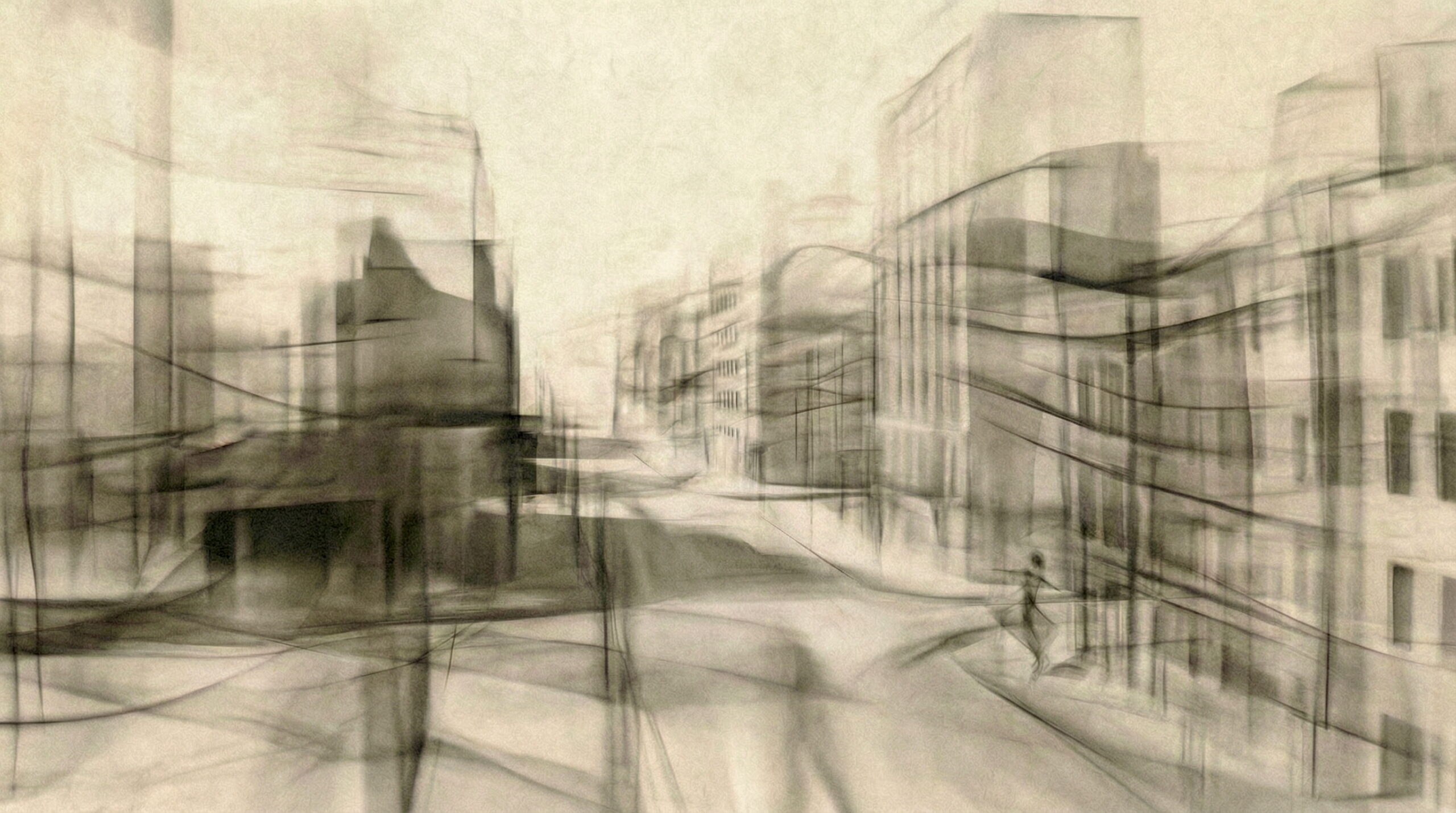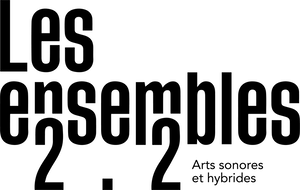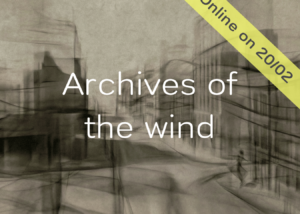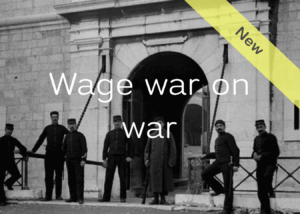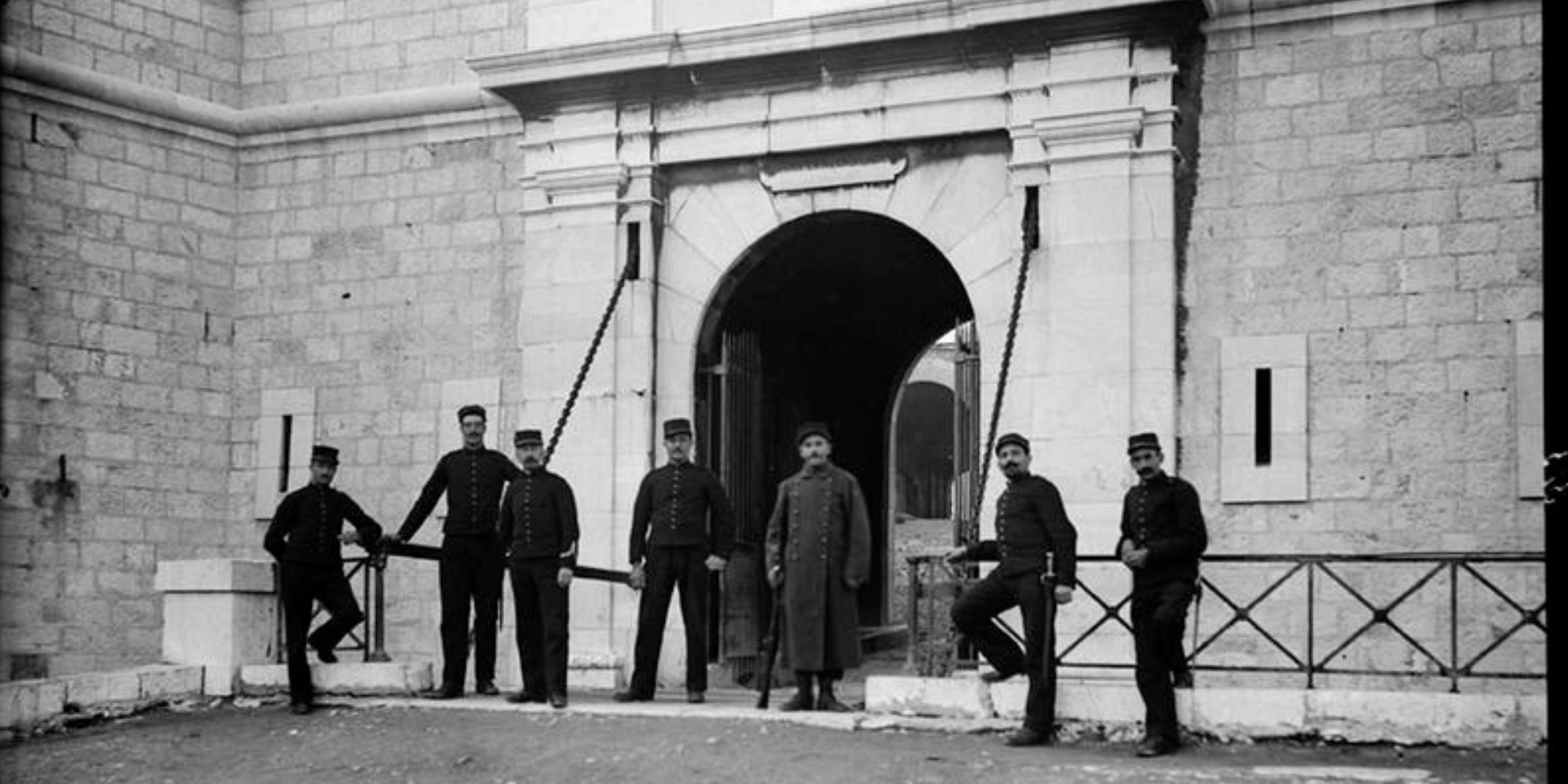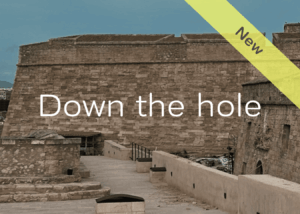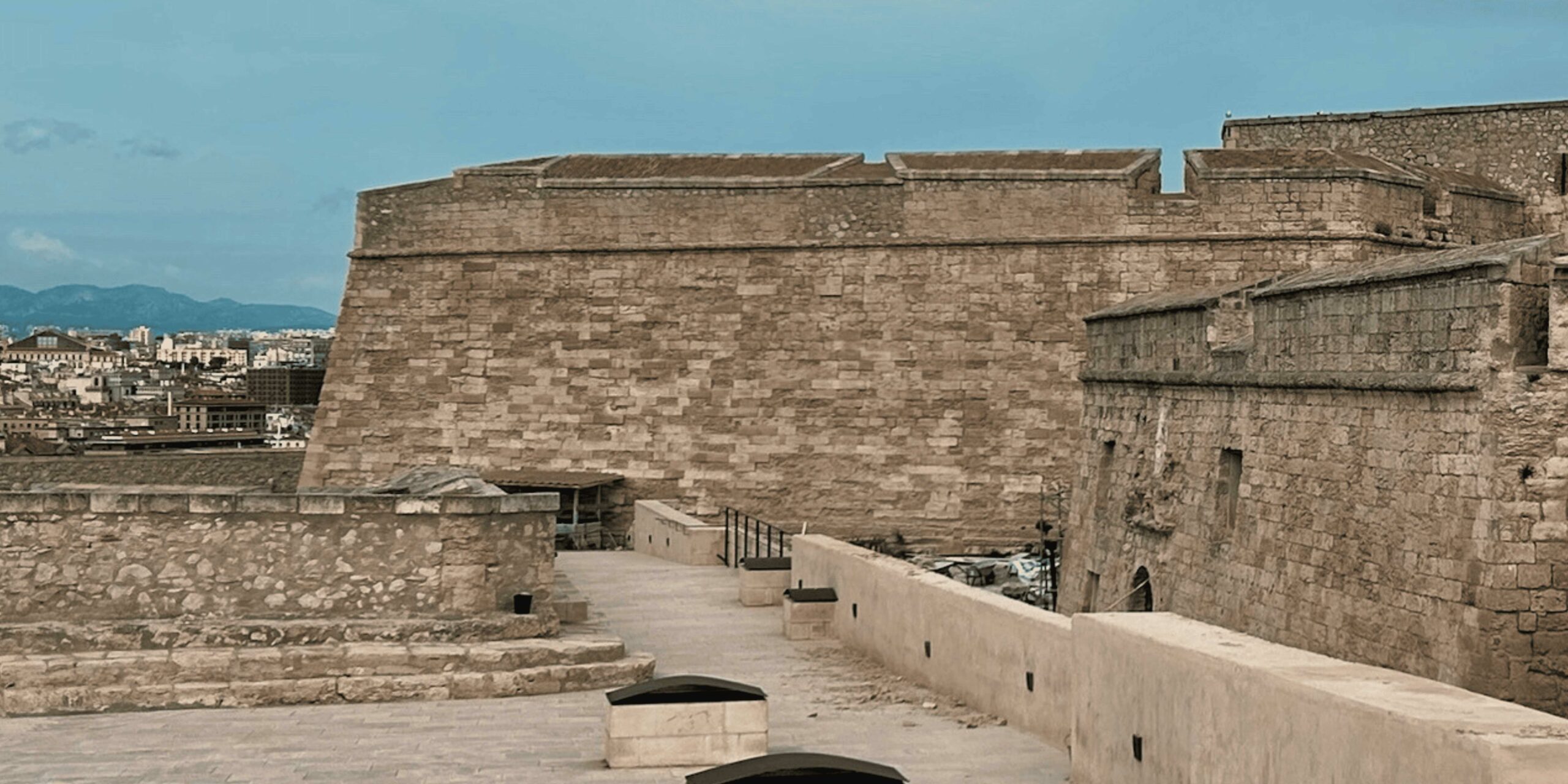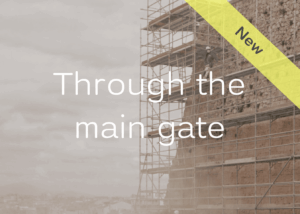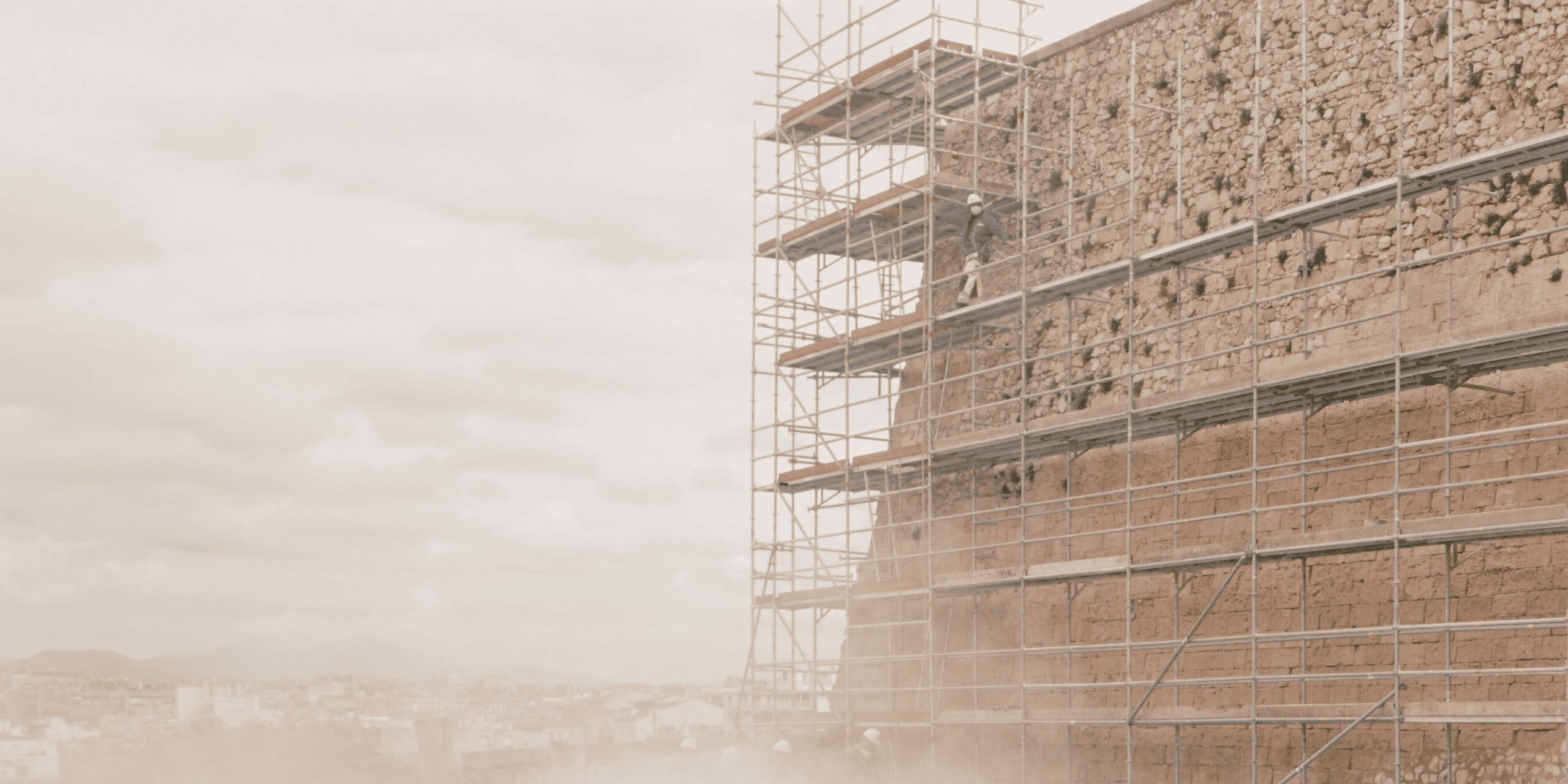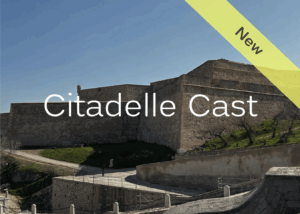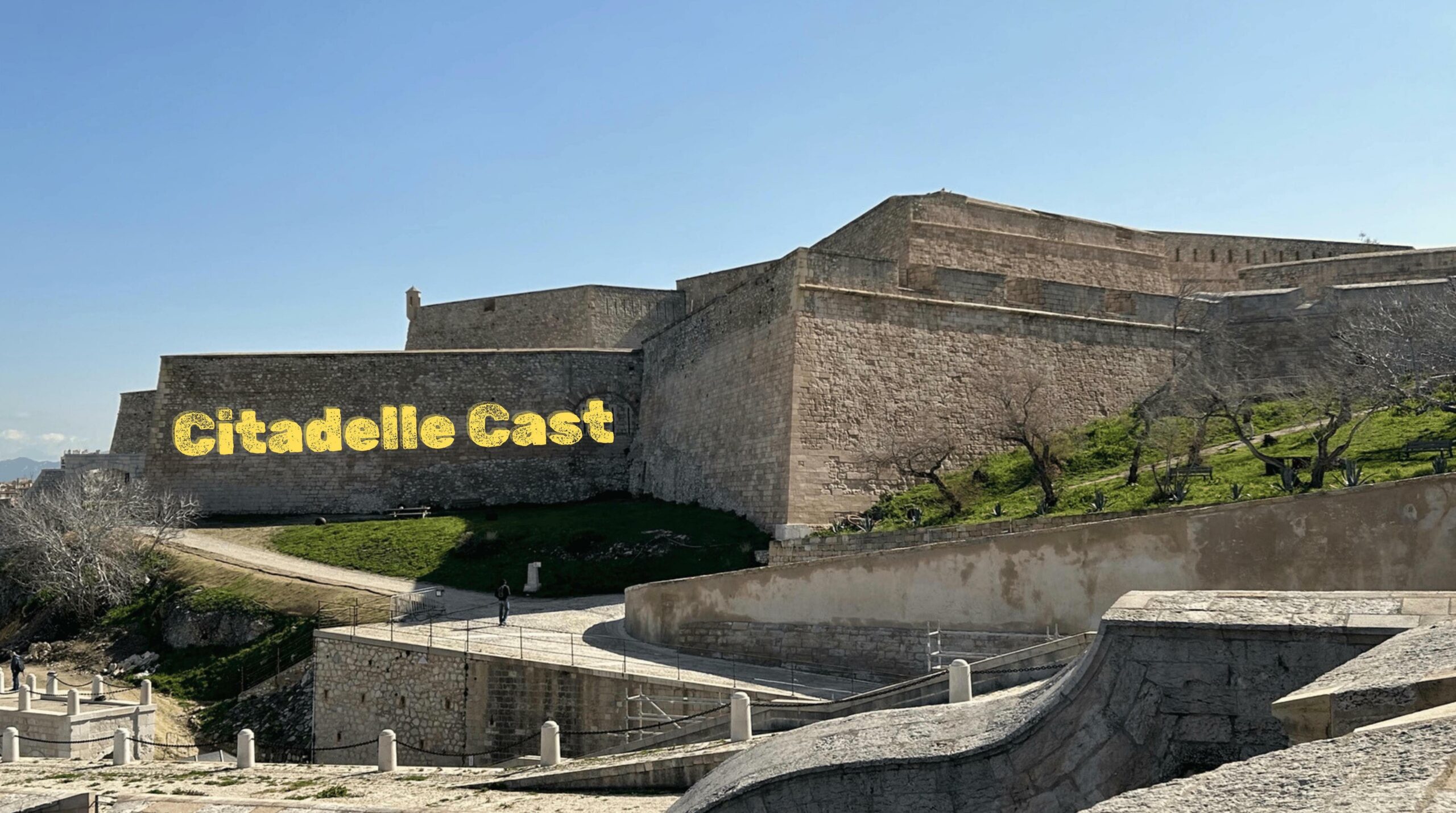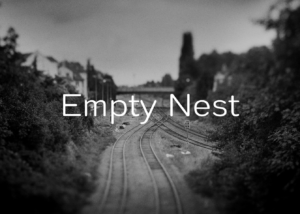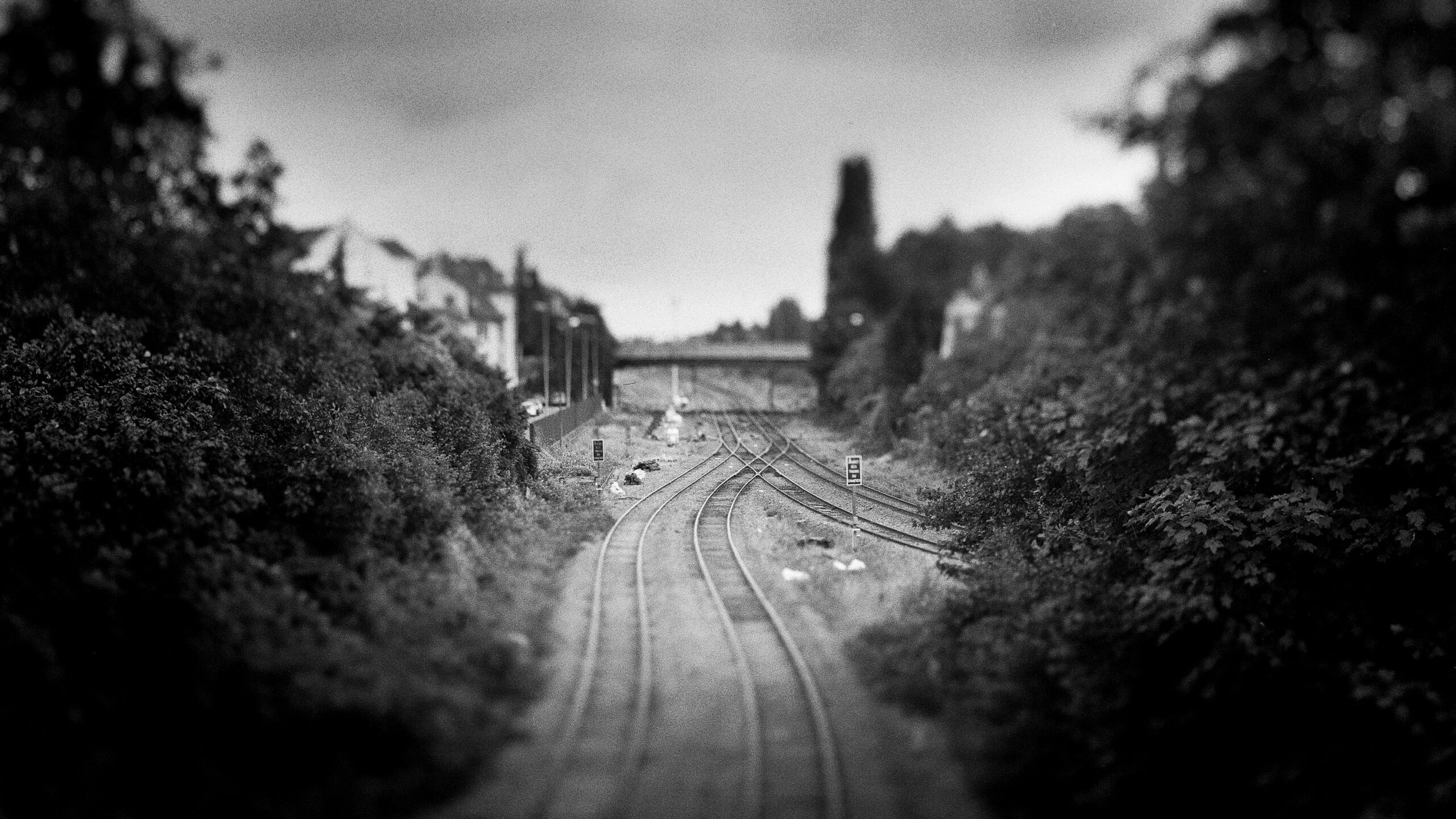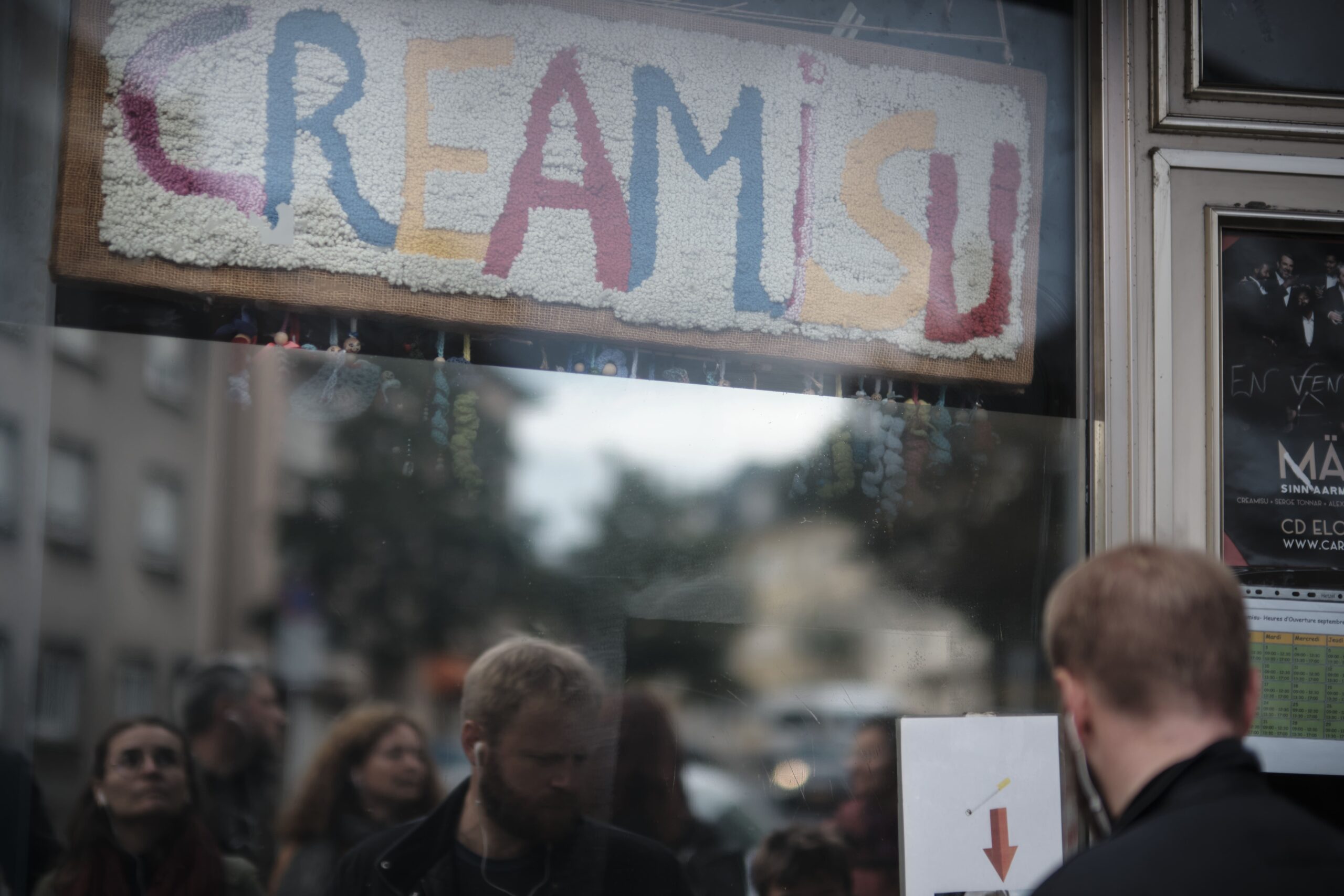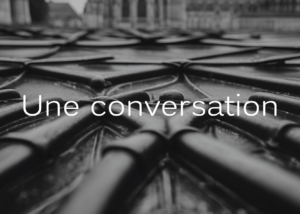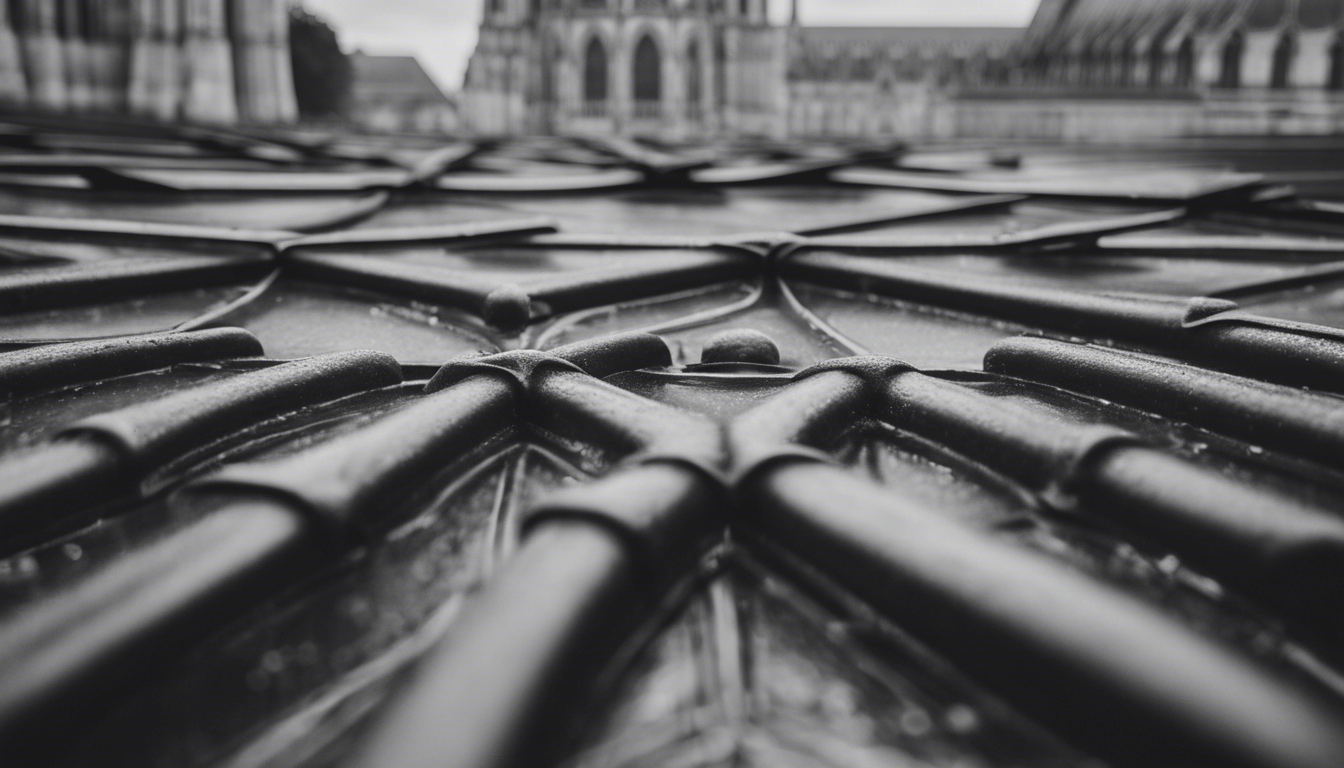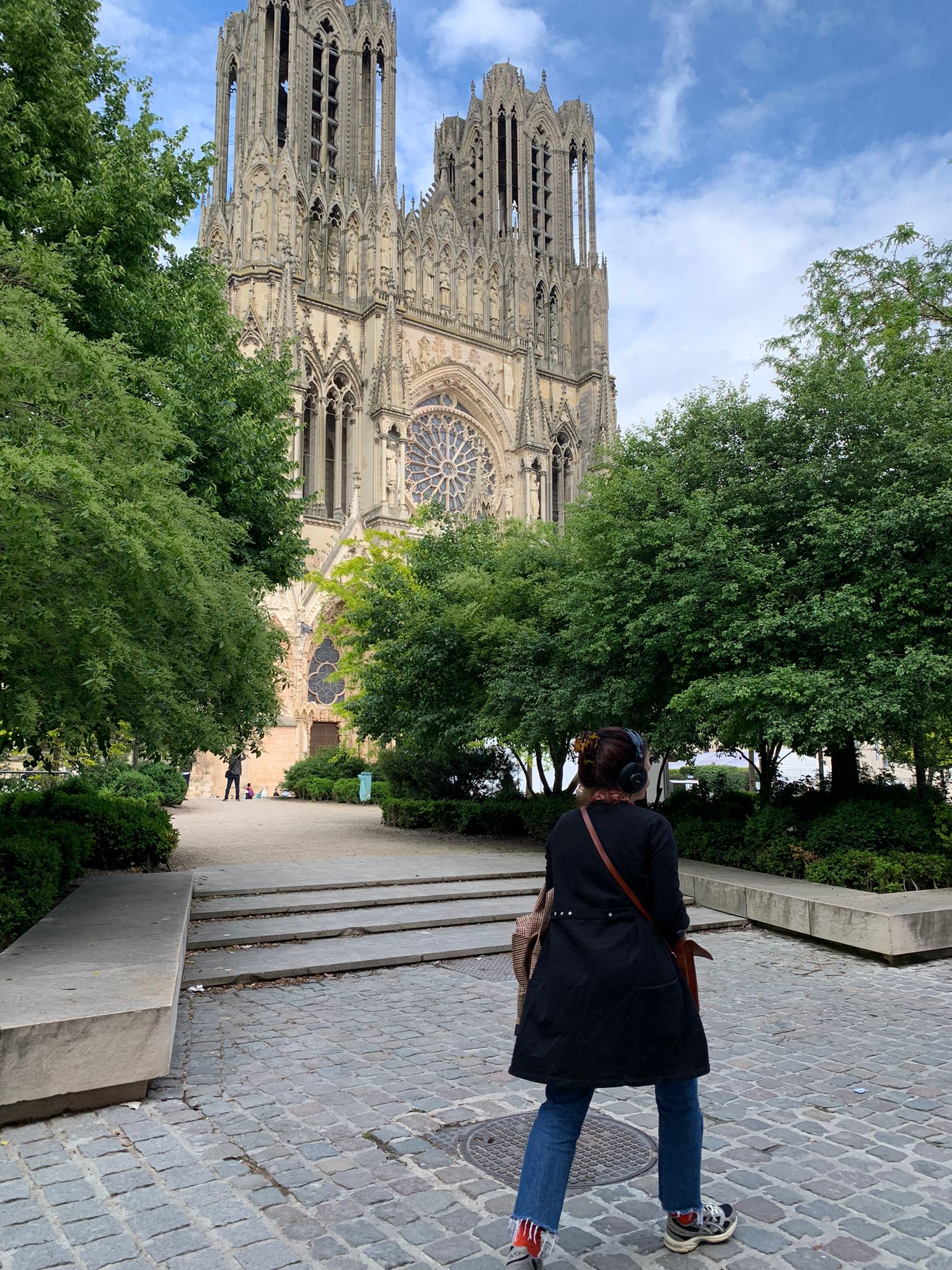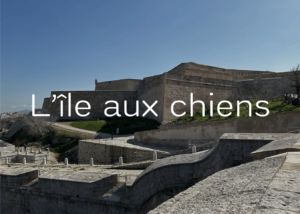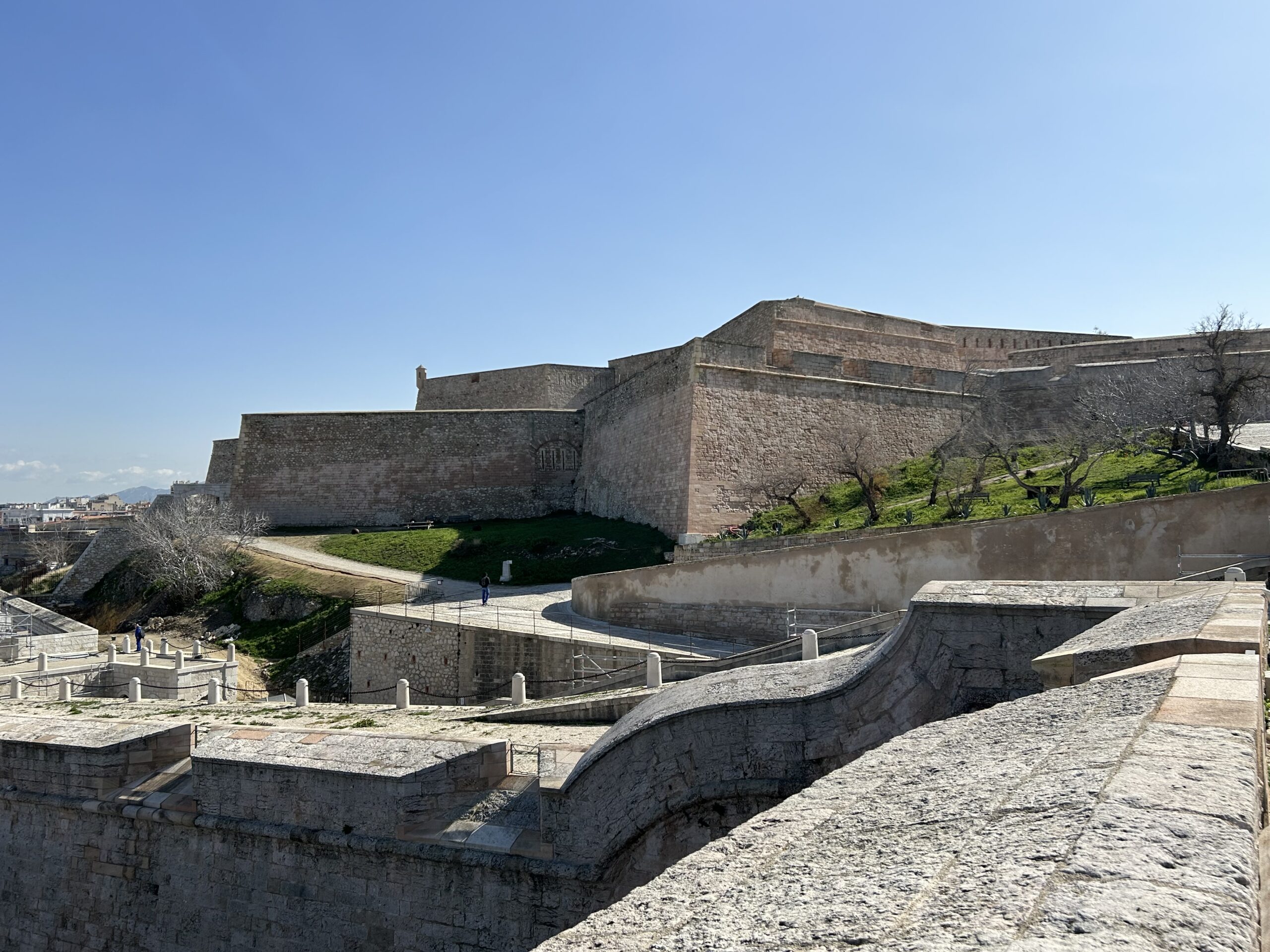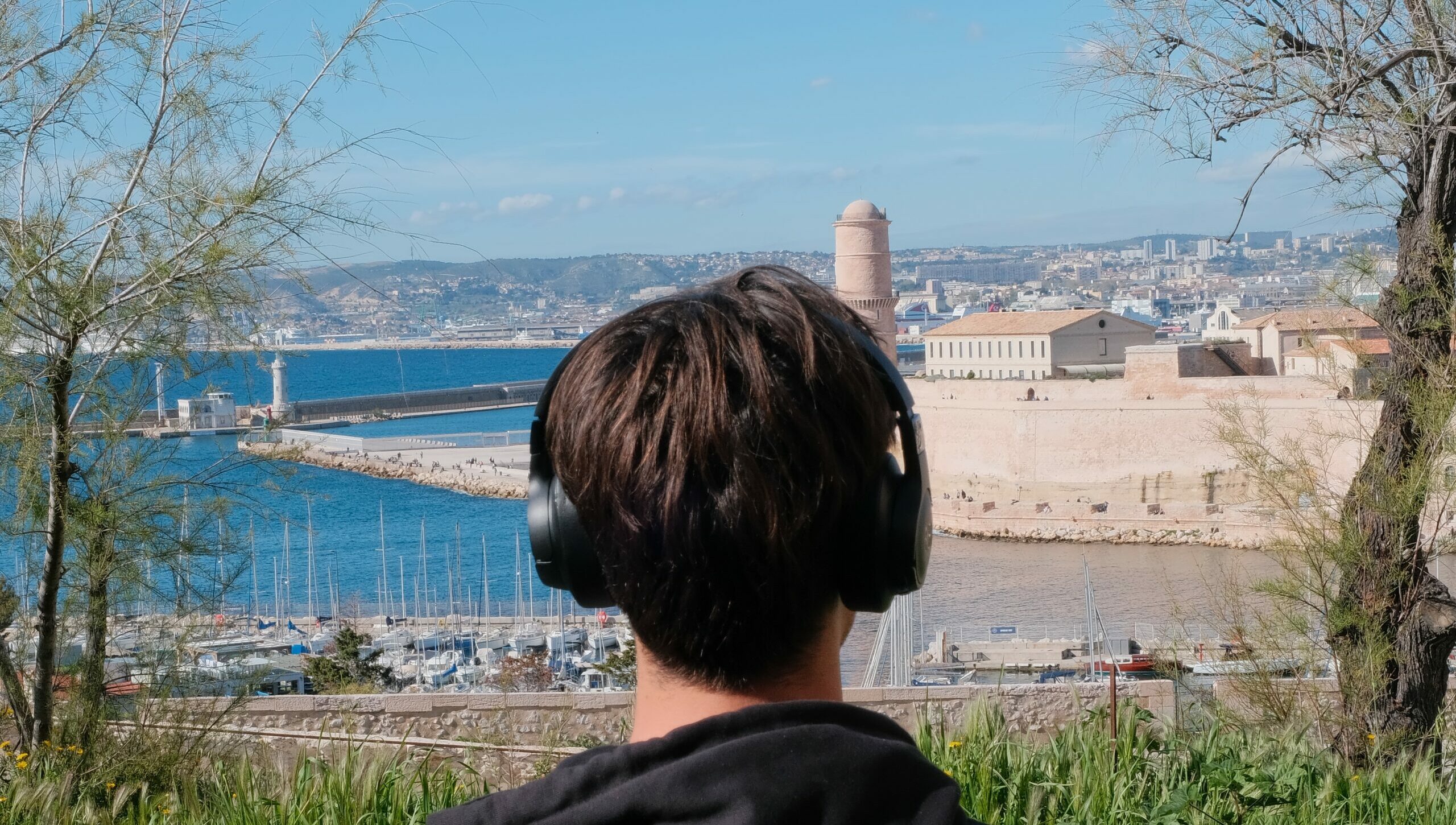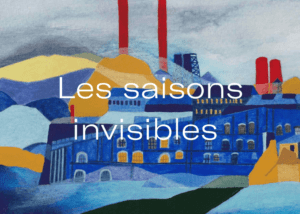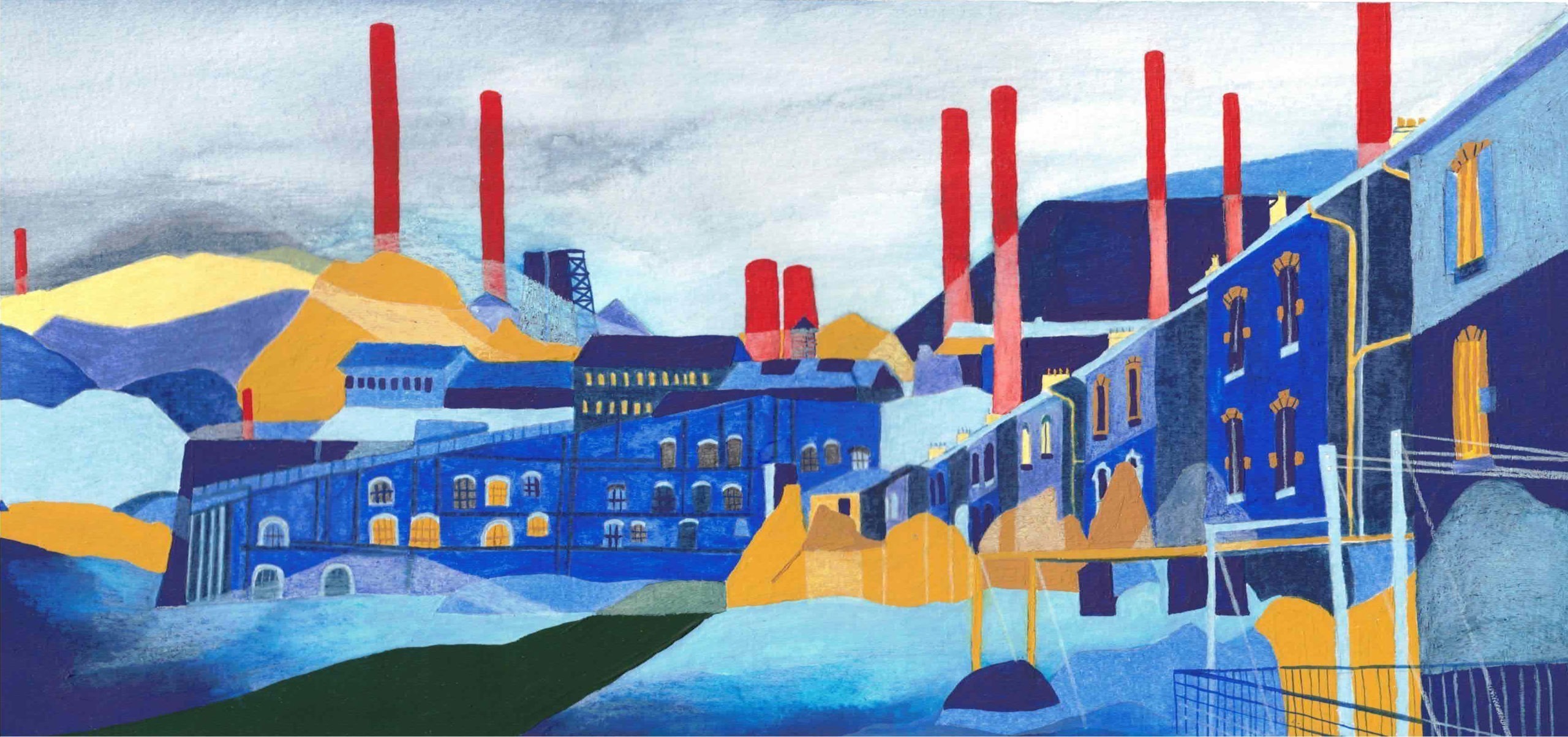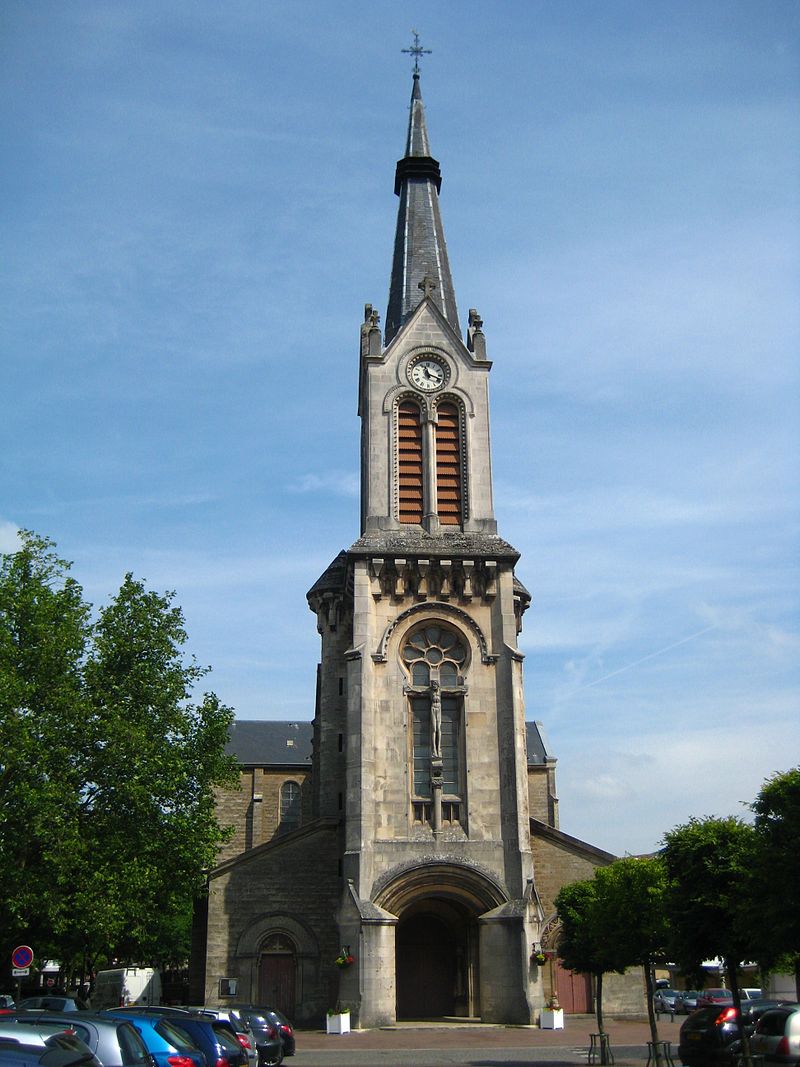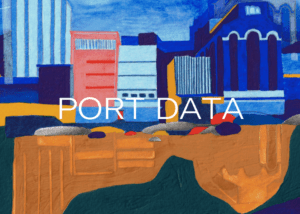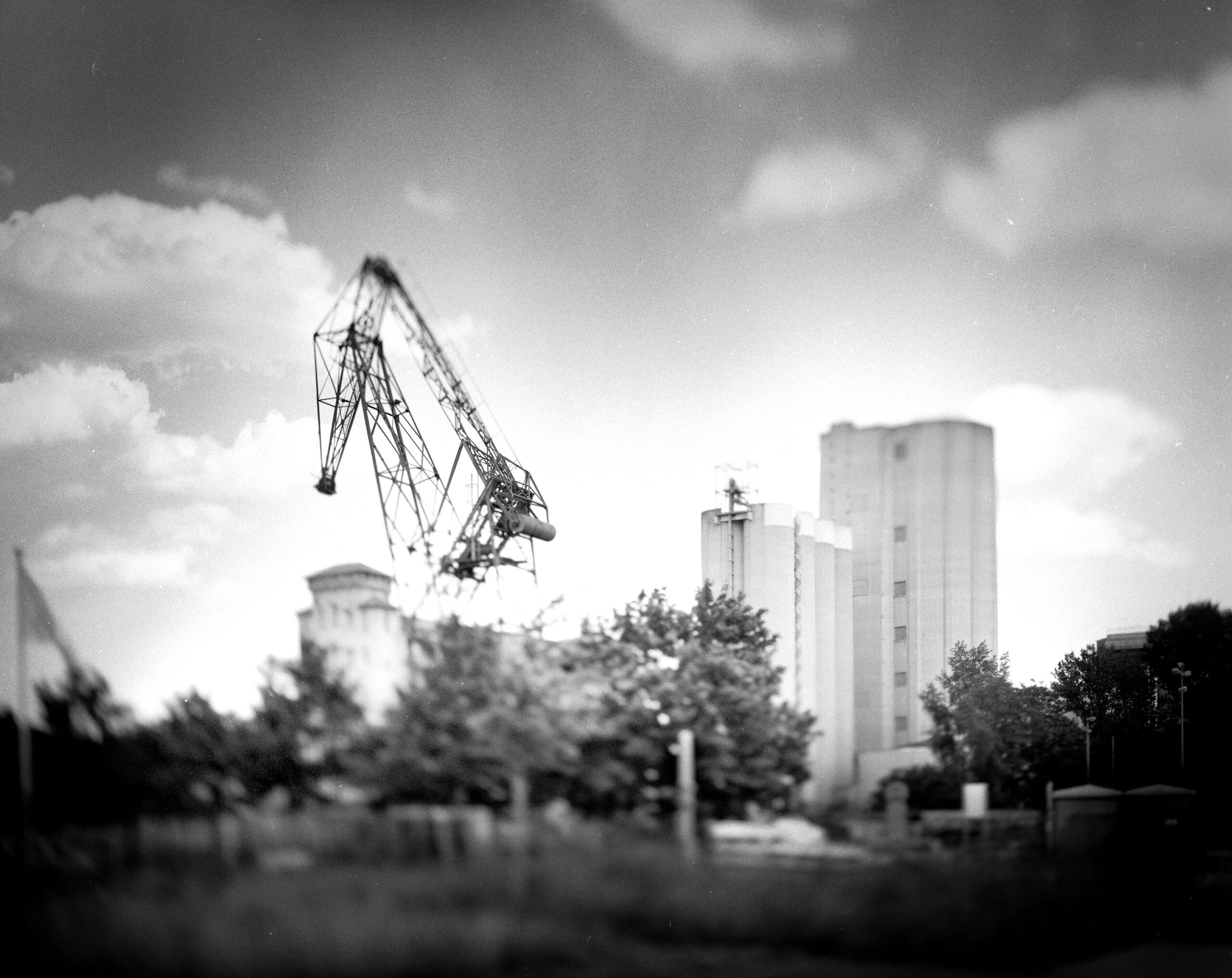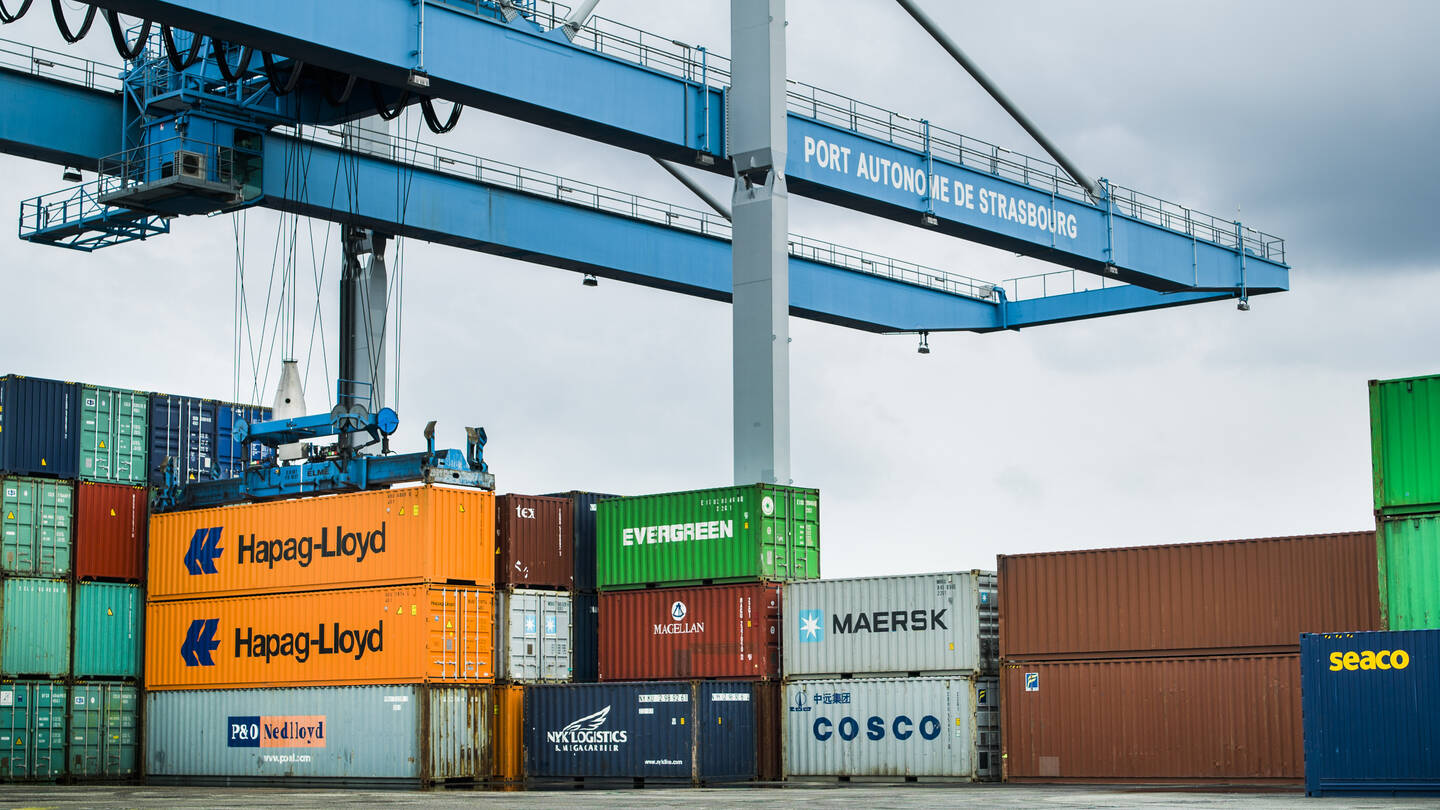Gaëtan Gromer, born in 1978, is a sound composer, artist and director who lives and works in Strasbourg. He is the artistic director of Les Ensembles 2.2. He regularly brings his work into conversation with other disciplines, and has notably worked with Maria La Ribot, Valérie Manteau, Hélène Gaudy, Etienne Fanteguzzi, Sebastian Dicenaire, Eve Risser, Lucie Taïeb, Clara Olivares, LNLO, Samuel et Léo Henry, luvan, Zahra Poonawala, Stéphane Perger, Espèce de collectif…
He regularly performs and exhibits in Strasbourg (Musica, Ososphère, ONR, TNS, PMC, Maillon, Pôle Sud, etc.), as well as at MAMCO (Geneva), CAC (Vilnius), CCAM (Vandoeuvre), Gymnase (Roubaix), Laboral (Gijon), Transient (Paris), Accès)s( (Pau), Lieu Multiple (Poitiers), Contemporary Art Biennale (Sélestat), Nuit Blanche (Brussels), Digital Life (Rome), Electric Nights (Athens)…
Amélie Lucas-Gary was born in Arcachon in 1982 and lives in Paris. After studying History and Cinema at the Sorbonne, Amélie Lucas-Gary graduated from the National School of Photography in Arles in 2009. Since then, her practice has evolved, and she has published three novels: Grotte (2014), published by Christophe Lucquin Éditeur, Vierge (2017) and Hic (2020), published by Éditions du Seuil. The latter was written during a writing residency in New Zealand. All Amélie Lucas-Gary’s novels deal with the question of creation: that of the universe in Hic, the author’s genesis in Vierge, the beginnings of art history in Grotte. She regularly works with artists on catalogs, exhibitions and performances. Today, she uses photography, sculpture and writing in turn or in conjunction, proposing a form that resonates with the artist’s work and shifts the way we look at the works. In this way, her literary work is strongly influenced by her preoccupations with the plastic arts, which she uses to serve her appetite for romance and adventure.
Antoine Spindler – Trained at the Strasbourg Conservatory in the classes of Ana Haas (violin) and Claude Ducroq (viola), as well as at the University of Strasbourg in musicology, Antoine Spindler has trained (Ircam, Fastlane, PML…) and specialized in electroacoustic and mixed music. He teaches in the Electroacoustic Creation and Interpretation class at the Conservatoire and L’Académie Supérieure de Musique-Hear in Strasbourg. He currently plays with the trio Jafta, with whom he released the album Traces, and with the duo Svië, with whom he created the album Port Data. His experiences have enabled him to collaborate with various ensembles and musicians (Linéa, Live Animated Orchestra, the Ethos quartet, Plurium, Clara Olivares, Eve Risser etc.) as well as with different authors (Hélène Gaudy, Jean Fauque, Valérie Manteau, Sébastien Dicenaire, Lucie Taïeb etc.).
